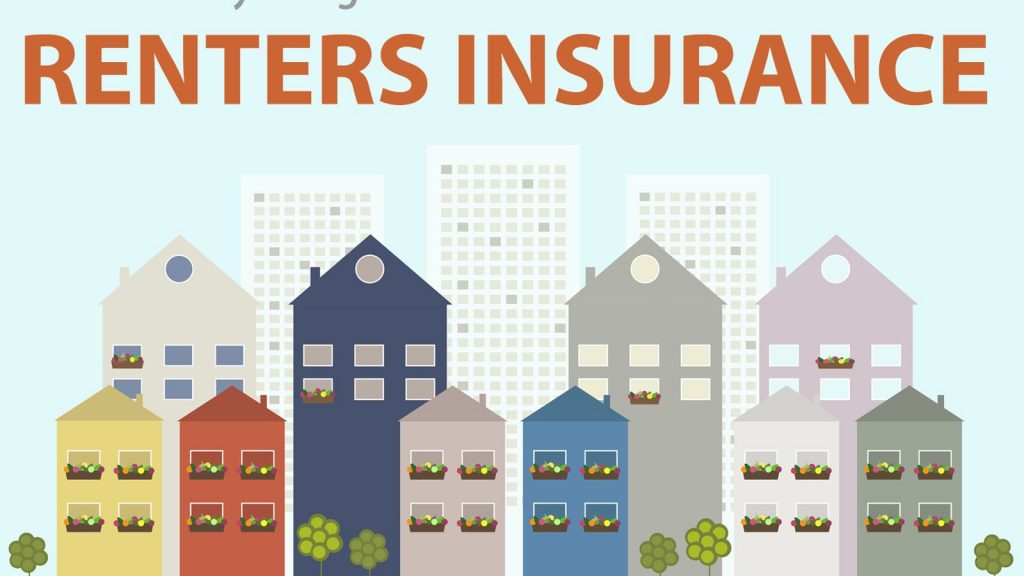Perhaps you are shopping for renters insurance and want to know exactly what you are getting, or maybe you are preparing to make a renters insurance claim and want to know if your policy is going to cover it. Either way, understanding what renters insurance covers—and what it doesn’t cover—is must for any renter. Below are some of the most frequently asked questions about renters insurance coverage.
Does Renters Insurance Cover Floods?
Does renters insurance cover flood issues like destroyed personal property or uninhabitable living conditions is one of the more complicated questions you can ask about renters insurance. Ultimately, the answer will depend on the source of the flood. If a pipe freezes in your apartment and bursts, causing a flood in your residence, your renters insurance policy should cover any damages or losses. Not only will you be covered, but your policy will also cover neighbors if your burst pipe ends up damaging their property as well (assuming they don’t already have renters insurance).
If the flood happens because of heavy rains, hurricanes, or any other natural disaster, you aren’t covered. Renters insurance coverage typically stops at natural disasters (or “acts of God,” as they are often called in the insurance world), and flooding is no exception. You will need a special flood insurance policy to cover you from the risks of natural flooding.
Put simply, your renters insurance policy covers you from most types of water damage, but not from storm flooding.
Does Renters Insurance Cover Theft?
Say you are renting a house and you go on vacation, only to find when you return that the house has been burglarized. The good news is your renters insurance policy will cover the theft. Theft falls under the “personal property” part of your insurance policy. You will be reimbursed for any possessions that were stolen, up to your coverage limit. Those belongings can be anything, from furniture and electronics to a prized collection of vinyl records. However, do note you may need riders to cover more expensive items in your home, such as valuable pieces of art.
Renters insurance coverage goes beyond standard theft. For instance, if a burglar steals your credit card while robbing your house, your policy includes credit card and bank forgery coverage to shield you from identity theft. If you were borrowing a friend’s laptop at the time of the burglary, that item would also be covered under your renters insurance policy even though it is technically someone else’s property.
Does Renters Insurance Cover Bed Bugs?
Bed bugs tend to appear on any renter’s list of worst nightmares, and for good reason. Not only do bed bugs leave you itchy, but they are also difficult to remove. Eliminating bed bugs from mattresses, clothes, carpet, and upholstered furniture can cost a substantial amount of money. You may also need to replace certain belongings. Especially with mattresses, full bed bug removal and treatment is not always a feasible option.
Because of how quickly bed bug costs add up, tenants often wonder if their renters insurance policies will cover bed bug damage. Unfortunately, the answer is no. Preventing pests—or eliminating them when they are present—are responsibilities that fall on the renter. If your unit had bed bugs when you moved in and you were led to believe it had been properly cleaned, you may be able to hold the landlord responsible. In no situation will your renters insurance policy cover the cost of dealing with bed bugs. Damage caused by other types of pests—from termites to rodents—is also not covered by renters insurance.
Dealing with Non-Covered Risks
To review, risks or perils not covered by renters insurance include natural disasters, property damage caused by pests, and highly valuable items without additional coverage. Terrorism and nuclear war are not covered, either.
You can add coverage to your policy for high-value items by purchasing additional coverage called riders. There are other ways that you can get coverage for traditionally non-covered risks. For instance, you can buy coverage for most types of natural disasters, including flooding and earthquakes. You will need to decide for yourself whether this additional coverage is worthwhile. For instance, if your apartment is located near a fault line, then earthquake coverage is probably a smart investment. The same goes for a basement apartment in a hurricane zone or an area that tends to get a lot of rain. By considering the location of your property and the risks that location creates, you can make a decision that balances affordability and risk control.
When in doubt, consult your insurance broker. He or she should be able to advise you on your risk profile and point you toward the coverage that you are going to want to have in your policy.








